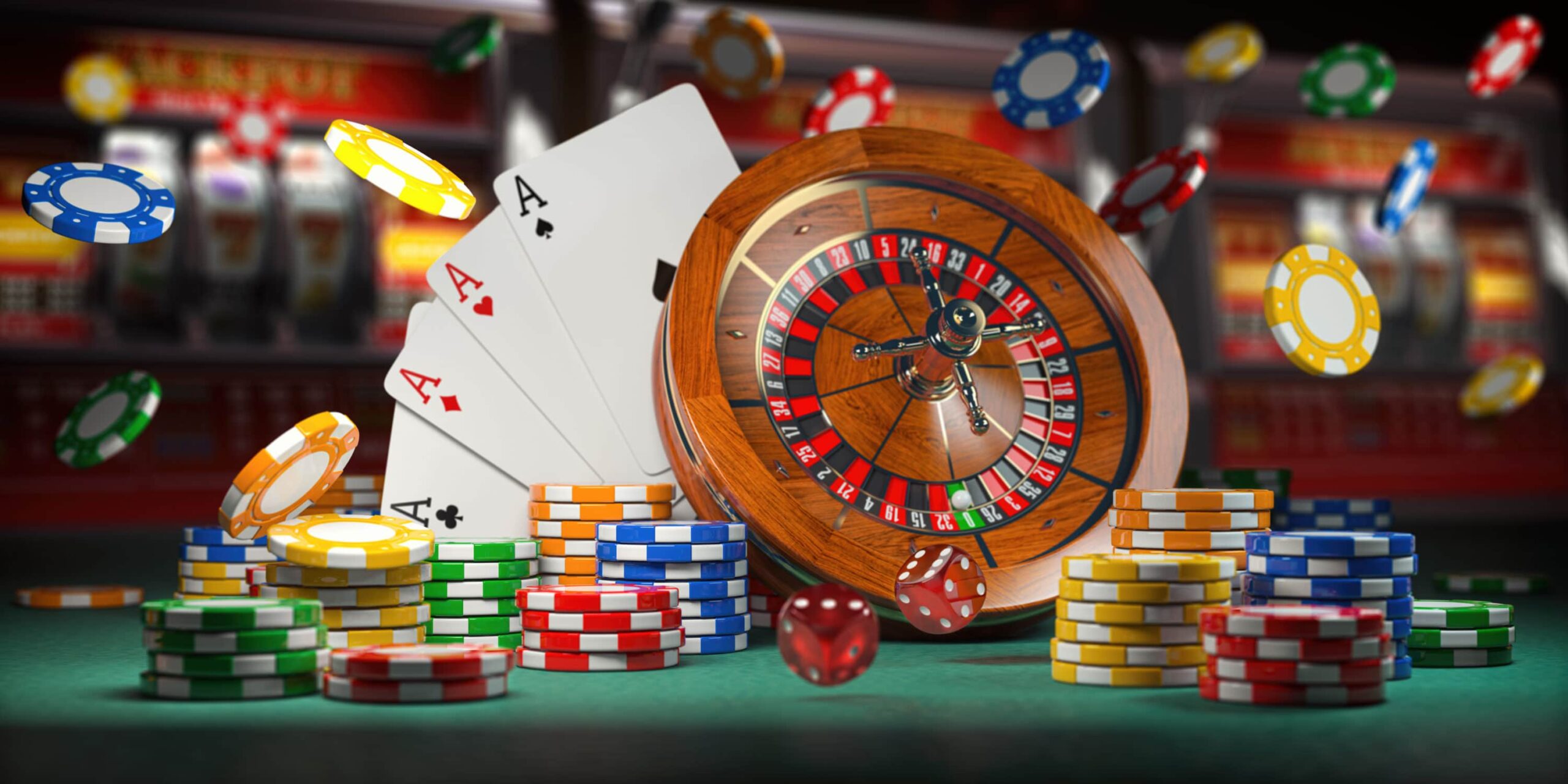
Casino entertainment have long been a significant aspect of human culture, providing not just entertainment but a captivating reflection of our dreams, dreams, and anxieties. From the turning reels of a slot machine to the strategic gameplay of poker, these games embody a variety of human emotions and events. At their core, casino games are not just a chance to make profits; they are a reflection of life itself, where danger and gain converge and fortunes can change in an instant.
As players gather around tables or sit in front of vibrantly illuminated machines, they engage in a tradition that transcends mere playing. These games echo our innate desires for social interaction, thrill, and the quest for chance. They also disclose deeper truths about human nature, such as our relationship with fate and the adrenaline of risk. In exploring casino games, we reveal not only the nuances of play but also the rich tapestry of the human experience, showcasing our interconnected narratives of goal and reality.
The Mind Behind Gambling
Gambling is intrinsically connected in the psyche of individuals, appealing to various feelings and wants. The thrill of risk-taking is a core aspect that attracts participants, whether it’s excitement of spinning a roulette or the anticipation of drawing a winning card in poker. This rush of adrenaline is often compared to other forms of excitement, as the uncertainty of outcomes elicits a distinct psychological response. Gamblers often become captivated by the possibility of winning big, leading to an almost magnetic draw toward gambling games.
Additionally, a crucial component of the psychology behind gambling is the concept of optimism and aspiration. Players often indulge in fantasies of financial freedom and the luxurious lifestyle that can follow winning. This optimism fuels their continued participation in gambling, as it provides a sense of meaning and the conviction that a life-changing win could be just one bet away. The story of overcoming odds and finding success resonates with many, reinforcing their dedication to play and involve themselves with these games.
Finally, social aspects play a significant role in gambling psychology. Gambling venues are designed to foster social interaction, where players gather to share the journey of wins and losses. This communal aspect not only enhances enjoyment but also influences behavior, as individuals often mimic the actions of others in their vicinity. The social validation found in shared excitement can magnify the emotional experience, making casino games a mirror of not just personal desires but also collective engagement within the gaming community.
## The Dual Nature of Risk and Reward
Gambling games embody the fragile balance between danger and reward that resonates profoundly with the human experience. The thrill of placing a wager is often accompanied by a jolt of energy, as participants are confronted with the possibility of striking it rich, yet cognizant of the risk to lose. Thể thao 78win This twofold experience reflects a core aspect of life: the choices we make often come with intrinsic risks, and the chase for gain can push us to make risky moves we might not typically consider. In this way, casino games mirror real-world choices, enticing gamblers to gamble not just their capital, but also their aspirations.
The allure of grand jackpots and winnings fuels a feeling of positivity, encouraging gamblers to imagine a more promising future that could arise from a lucky spin of the wheel or turn of a card. This hope can compel individuals to engage in more daring actions, encouraging them to take greater risks in search of monetary success. However, just as in life, the outcomes of these decisions can lead to both triumph and failure. The stories of both jackpot winners and those who have lost everything at the casino demonstrate the chaotic nature of chance and its impactful repercussions on our existence.
Ultimately, the experience of engaging with gambling activities serves as a potent reminder of the human condition. Every session played is imbued with the tension of uncertainty, as gamblers weigh the rewards against the dangers. This balance not only highlights the thrill that comes with betting but also reveals the weaknesses that come with the urge for more. 78win As we explore the challenges of choice and results in both the casino and in life, we find that the quest for gain shapes our identities and lives in deep ways.
Culture and Loneliness in Casino Environment
Casino culture is a special blend of communal engagement and personal pursuit, reflecting the dualities of human experience. Gamblers often gather around tables, sharing in the excitement of the action, rejoicing in wins, and sympathizing over losses. This social aspect is crucial, as it establishes a sense of community and camaraderie among diverse groups of individuals. Regular visitors to gaming establishments may form friendships and develop routines, turning the casino into a second home where they feel connected to a larger community of players.
However, the appeal of gambling games can also result to isolation. As individuals become immersed in the excitement of gambling, they may withdraw from personal relationships or fail to engage with the environment outside the casino. For some, the search of a windfall can overshadow real relationships, leading to loneliness. The experience of being surrounded others yet experiencing solitary is not uncommon, as the attention shifts from shared enjoyment to the individual stakes of each player’s path.
This interplay of society and solitude creates a vivid mosaic that defines gaming atmosphere. It showcases the complexity of human interactions, where joy and despair exist together. Gambling venues serve as both a sanctuary for social engagement and a stage for individual struggles, illustrating how intimately connected our desire for companionship and the individual quest for wealth can be. In navigating this landscape, gamblers confront their own stories—seeking both the rush of the game and the fellowship of other gamblers, ultimately mirroring the broader spectrum of individual experience.
